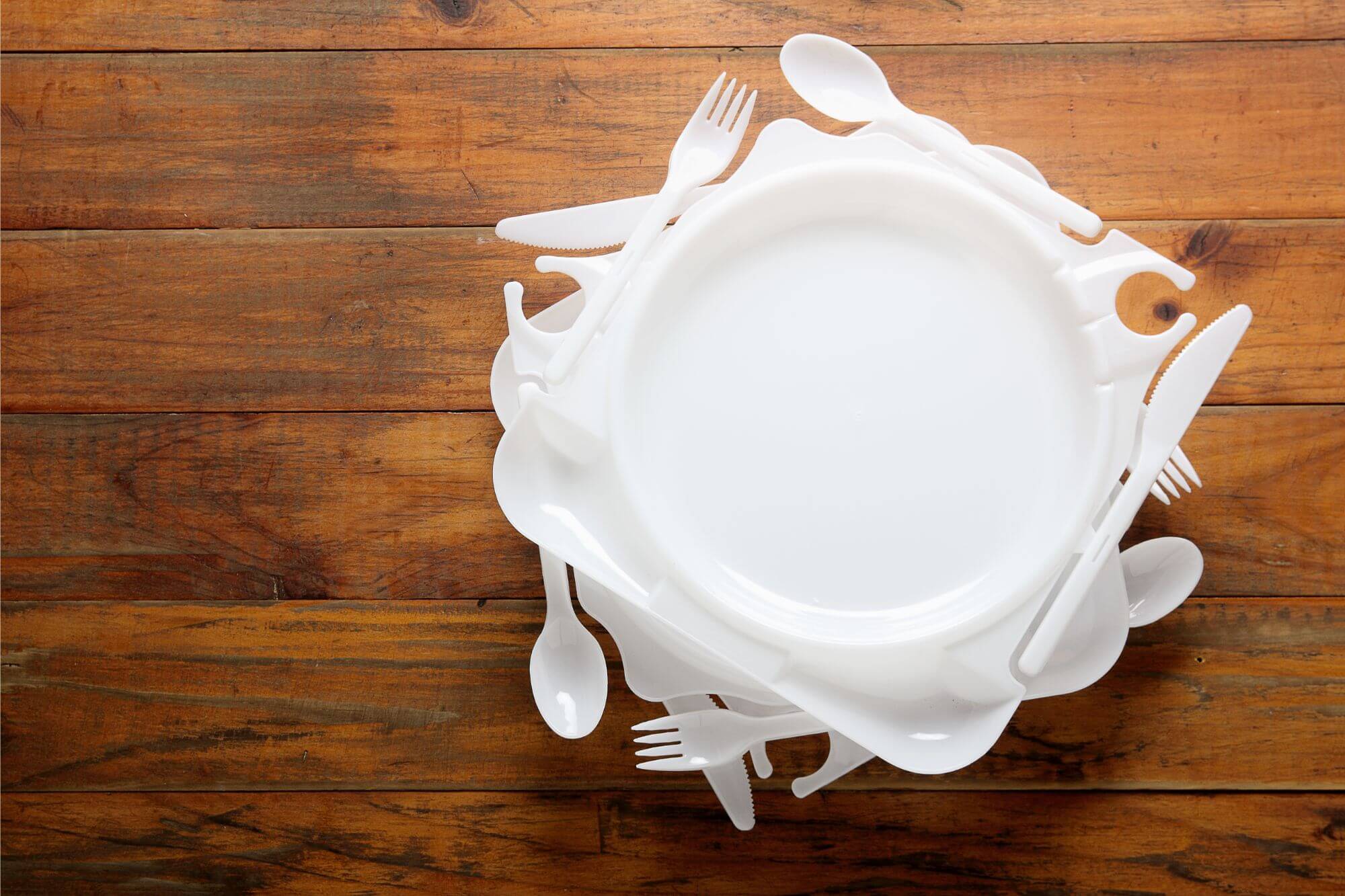Advertisement
How can residential estates contribute to reversing the preponderance of plastic waste in our surroundings, rivers and oceans?
Plastic litter is possibly the most visible of the environmental issues facing us. And, unlike greenhouse gas emissions and climate change, it’s not really debatable. No one claims that those plastic bags lining our highways, decorating our trees and fences, and clogging our waterways are just a cyclical change in the natural background plastic level.
So what do we do?
When it comes to taking action, plastic bags are pretty much the low-hanging fruit. Eleven countries in Africa, including South Africa, have banned or taxed single-use plastic bags, but that has not really addressed the problem. Plastic bags are very useful and, studies have found, that while the use of single-use grocery bags has declined, the sales of small bin liners has increased. Yup, the people who used to line their bins with supermarket bags now purchase specially made – heavier – bags for the purpose. These take more resources to produce, end up putting more plastic into landfill, and are – ironically – genuinely single-use, unlike supermarket bags.
This doesn’t alter the fact that plastic is a huge problem, but rather highlights the fact that the solution is not a simple one. So does that mean we should all wring our hands and give up?
Advertisement
Absolutely not!
Recycling
There are things we can do – especially as estates. The first is to instil a culture of proper waste management at source, right in our homes, because we, as estate managers, have a direct mandate to deal with refuse – in one way or another. While the streetside recycling programmes some municipalities have are an improvement, it’s a bit of a shotgun approach – once a week residents leave a bag of unsorted recyclables – tins, bottles, various types of plastic and paper and cardboard – on the side of the road. This is an area in which we can make a huge difference by encouraging (quite forcibly) residents to separate waste into compostable, reusable, recyclable and repurposable. Not sure the latter is actually a word, but you get my drift. Find schools and/or communities that can reuse containers and/or create something out of waste. And recyclables should be separated into the different types of plastic, glass, tin, cardboard and different grades of paper. Estates can also offer collection points for bread tags and plastic bottle tops, which have a specific recycling route tied in to charities. And tie in to the eco-brick movement, both by collecting filled eco-bricks, and keeping empty two-litre bottles for residents who do not drink the stuff that comes in them.
Refusing and reducing
But first prize definitely goes to reducing the amount of plastic that goes into the recycling cycle. It’s likely that most of your residents already carry reusable grocery bags but, if you have a retail element, you can encourage those who don’t by not actually offering to sell them a bag unless they ask for it. It’s all about attitude.
At present, most supermarkets routinely offer you a bag, and you have to be pretty quick to refuse it, or the cashier will just ring it up anyway. Rather don’t offer and, if the consumer requests one, the cashier could say ‘Oh, you forgot your bag. Don’t worry, you can buy one, I’ve got them here somewhere.’
But shopping bags are not the worst offenders and, even if you don’t have a retail store, you almost certainly have a restaurant or clubhouse, and it’s here that you can really make a difference. Just ban plastic straws. Just do it – again it’s about attitude. Assume the customer will not want a straw so don’t automatically give them one, and don’t offer one. If they ask for one, offer them a choice of straws to buy – permanent glass, stainless or silicon straws or – for a nominal fee – a long piece of macaroni. Same with takeaway containers for food or coffee. Many people are carrying their own coffee cups, and – because you have a closed community – you can encourage this behaviour, and make it part of the estate culture. And that should work for takeaway food as well.
It’s all about attitude
Really, it is. At present, refusing plastic has to be an active decision. Let’s change that. In the world we live in, people should rather have to make an active decision to use plastic, and then be forced to ask for it. It’s not about blaming and shaming – it’s about creating a culture in which using plastic is something that is thought through – not just an automatic ‘we’ve always done it this way’ habit. And, most importantly, don’t fall into the despondency trap. Yes, none of these strategies on their own will solve the issue – and perhaps even not all of them taken together – but every bit helps.



